Football-specific training and physical preparation
Physical preparation is an essential aspect of soccer. It must enable players to develop good physical condition to meet the demands of soccer matches and avoid injury throughout the season. A good preparation must therefore include elements such as endurance, speed, power and explosiveness. Whether you're a player, coach or fitness trainer, find out everything you need to know about football-specific physical preparation.
The importance of pre-season soccer fitness training
During the pre-season, good physical preparation is fundamental to achieving your sporting goals. It must prepare athletes physically for the efforts they will have to make during the long months of competition ahead. Pre-season physical preparation should last between 3 and 5 weeks and focus primarily on getting players back into shape after a more or less lengthy period of downtime.
This is a crucial stage, as it enables each player to improve his or her condition and avoid injury during the season. The first training sessions should be devoted to building endurance and VMA (maximum aerobic speed) through simple physical exercises such as low- to moderate-intensity jogging. Strengthening exercises (abdominal crunches, muscle gain, push-ups, etc.) will complete this PPG (generalized physical preparation) phase.
As the game progresses, coaches tend to supplement these physical soccer training sessions with workshops involving the ball. The sessions then consist of soccer training exercises and circuit training. During this period, each session should begin with a warm-up and end with muscle stretching to promote recovery.
Strength training to complement soccer training sessions
During the season, strength training for soccer should complement classic training sessions. Indeed, coaches expect their players to optimize their physical fitness to perform well on the pitch. Whether using bodyweight or dumbbells, strength training for soccer is essential.
It aims to improve the physical qualities of each player. Regular squats or skipping rope, for example, will help you develop your thighs and buttocks.
This, in turn, will increase your explosive power and enable you to run faster in sprints. Add proprioception exercises to your football-specific physical preparation.
Make sure you don't neglect the upper body during your strength training sessions, so as to achieve overall balance. Doing push-ups or dumbbell exercises is an excellent way to build up your arms, pectoral muscles, back and abdominal muscles. You'll gain in strength and be better able to withstand the intensity of duels during a soccer match.
Essential equipment for physical soccer training
Provide your players with quality equipment for soccer training exercises! We offer you the accessories you need to set up a good physical preparation. Start by equipping your pitches with sturdy, durable soccer goals. Some models, such as the professional 11-a-side soccer goal, can even be easily transported, enabling you to offer fun, dynamic exercises. As part of your specific physical preparation for soccer, it's also essential to equip yourself with studs, hoops, stakes and agility hurdles.
This will enable your players to string together repetitions during physical training to perform well in matches. When the sporting level of two soccer teams is equivalent, the one that is better prepared physically often ends up winning the match. That's why players and coaches should place particular emphasis on physical preparation. While stamina and endurance need to be worked on at the start of the season, it's just as important not to neglect strength training for soccer throughout the year.


 German
German  French
French  English
English  Spanish
Spanish  Italian
Italian  Dutch
Dutch 
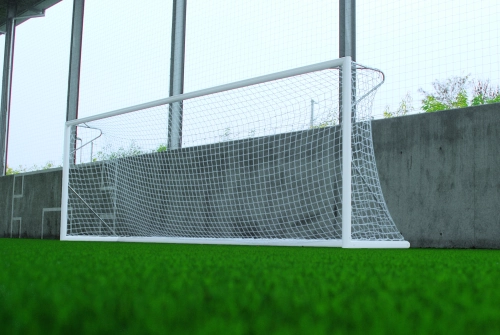
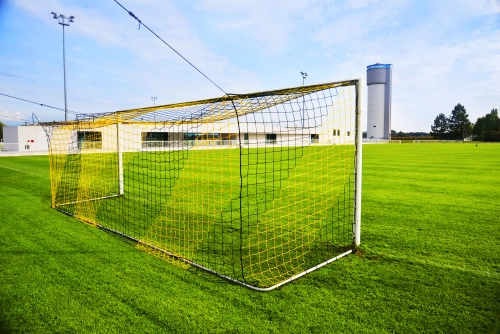
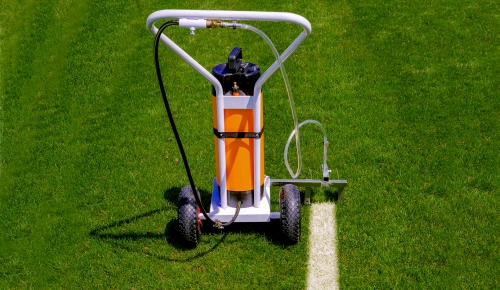
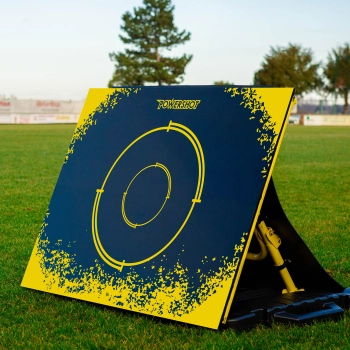
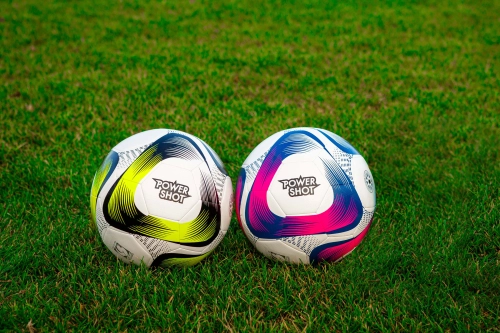
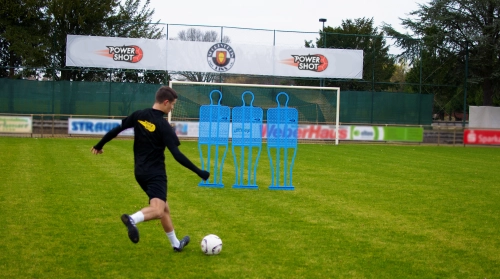
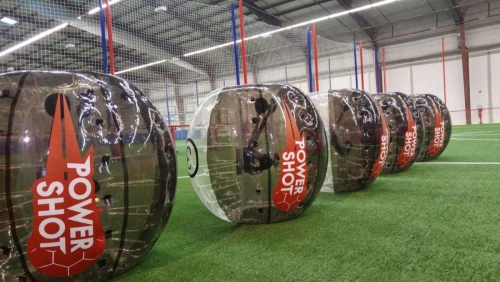
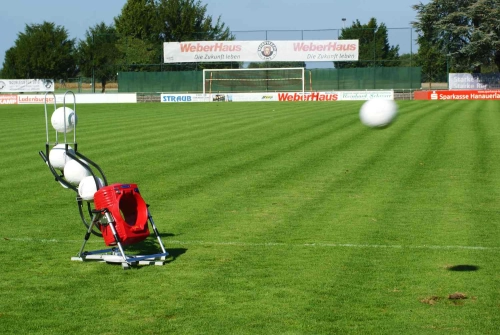
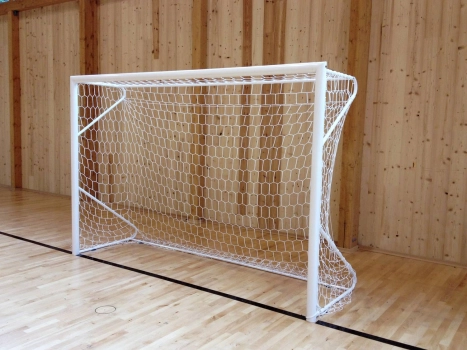
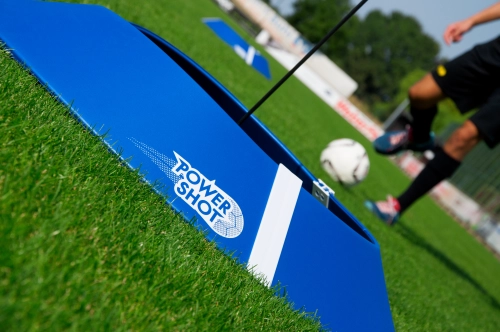
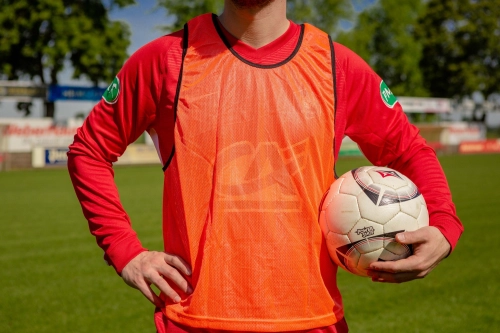
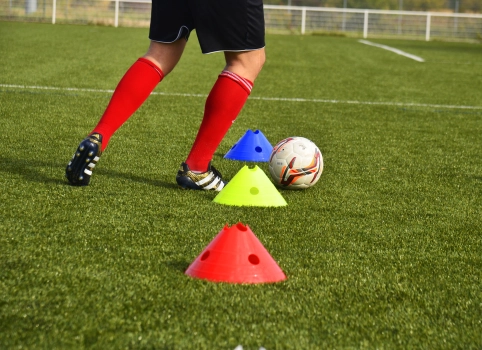
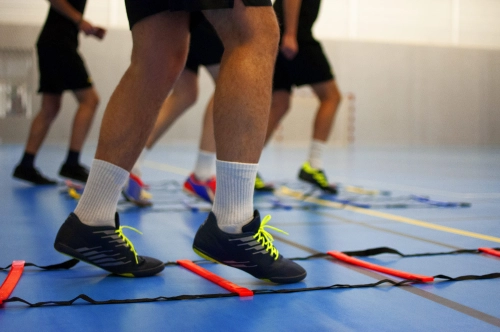
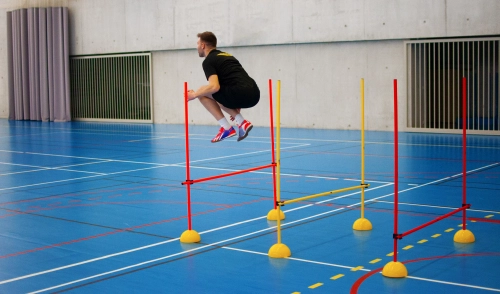
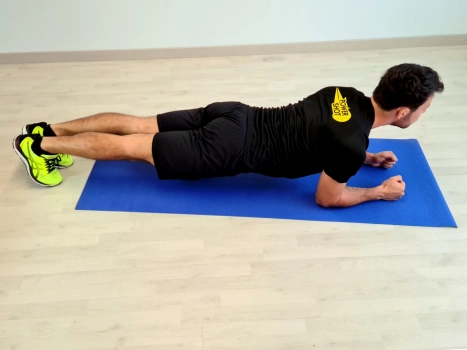
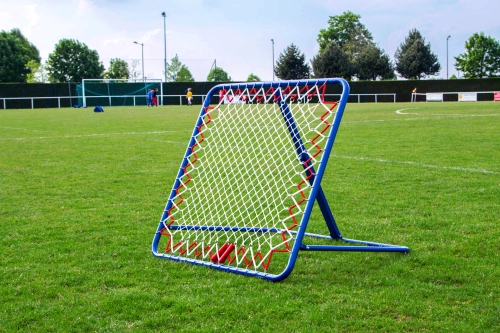
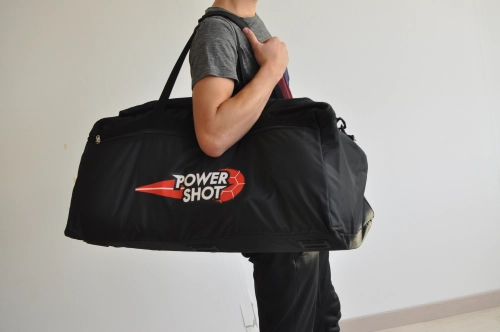
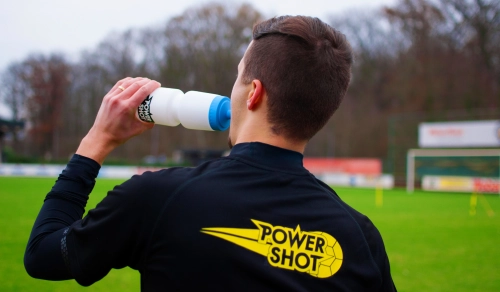

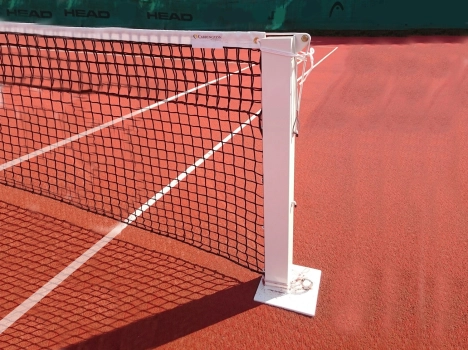
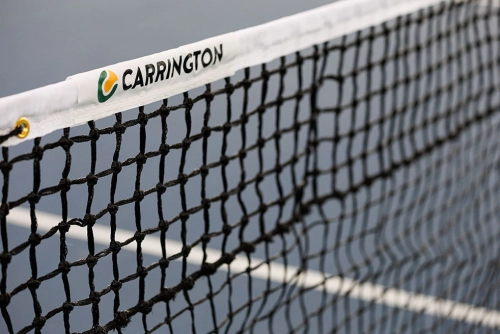
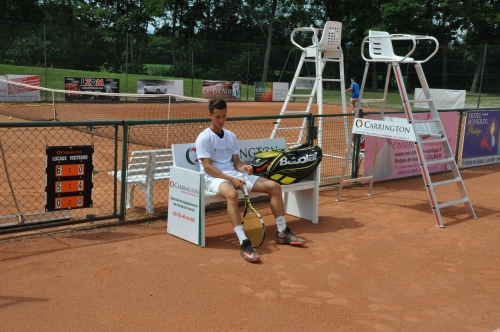
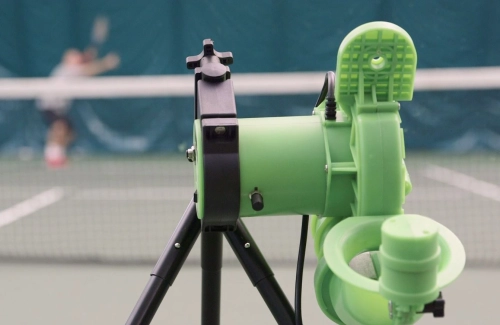
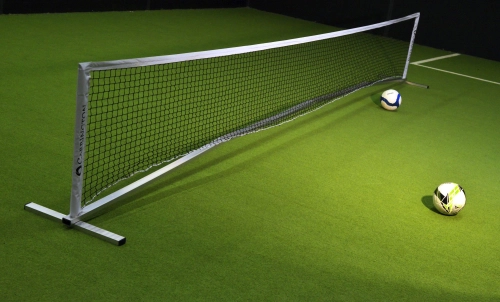
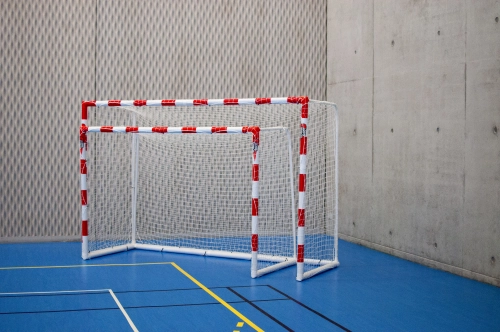
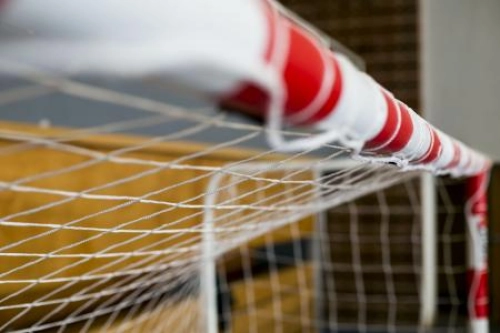
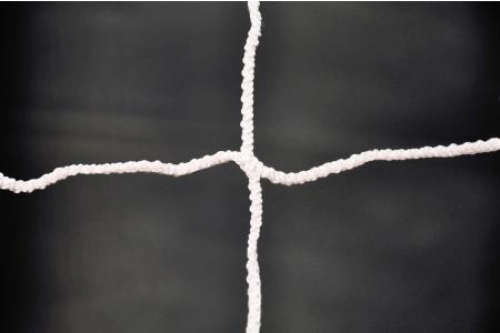
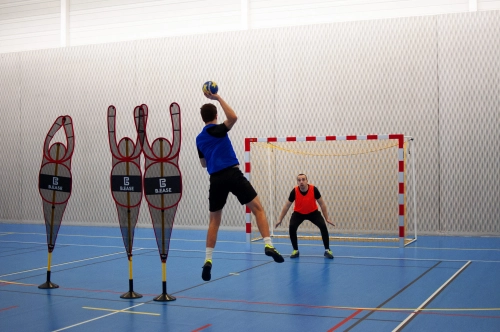
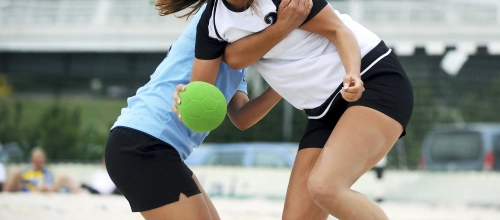



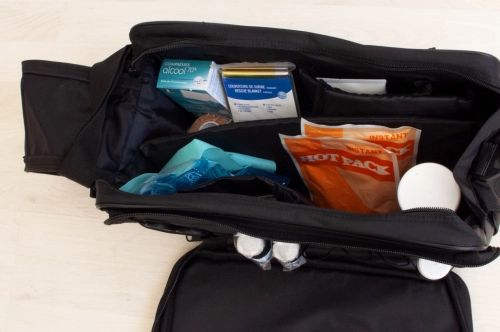
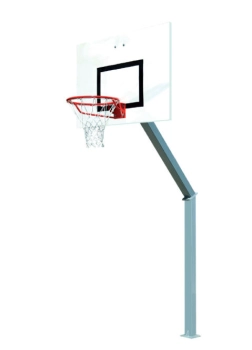


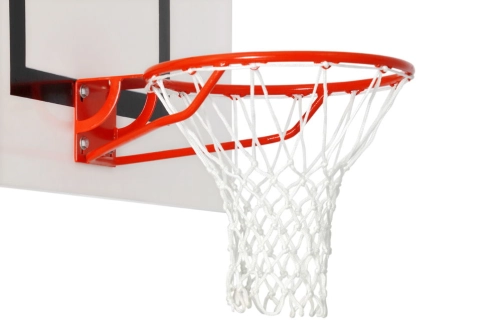

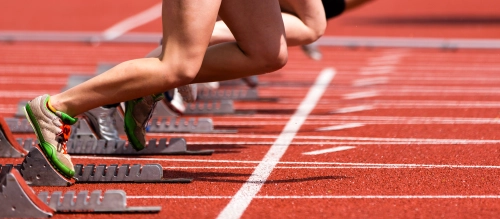
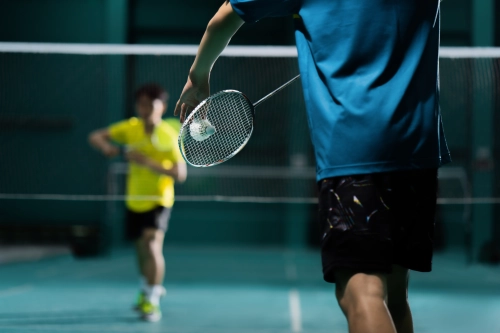
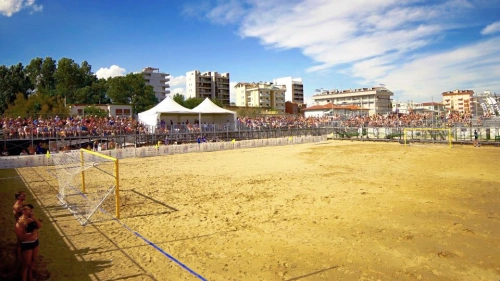
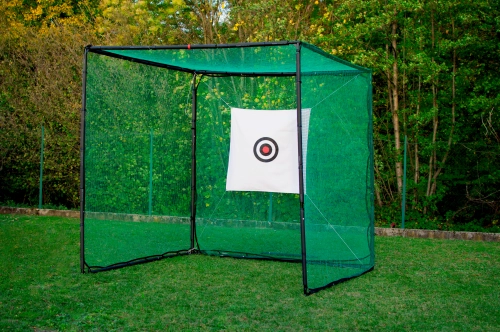
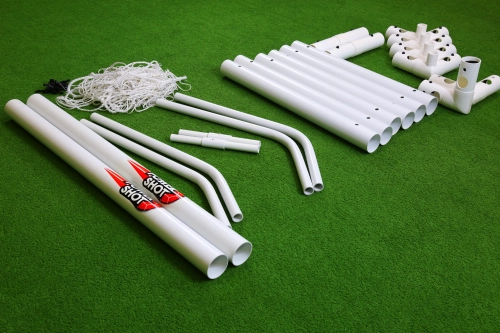
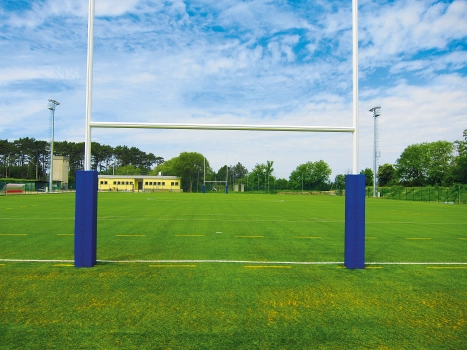
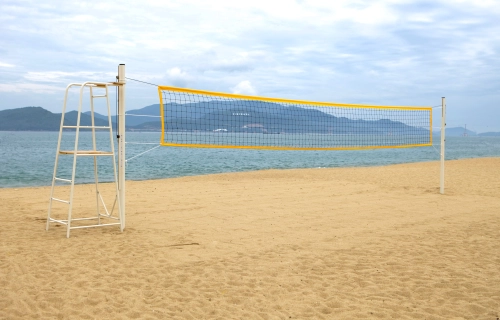
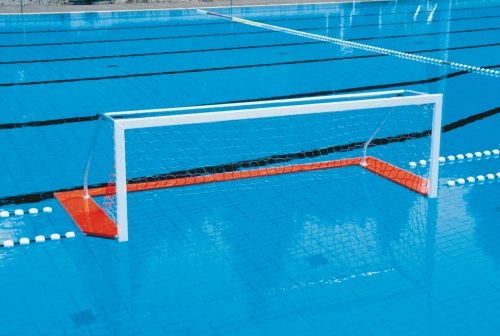
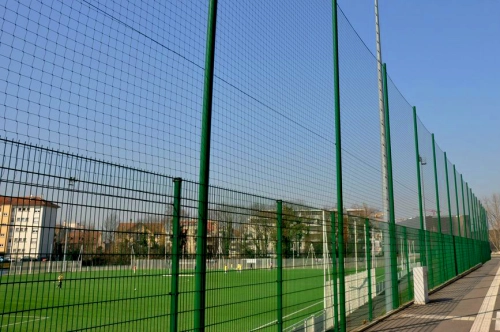
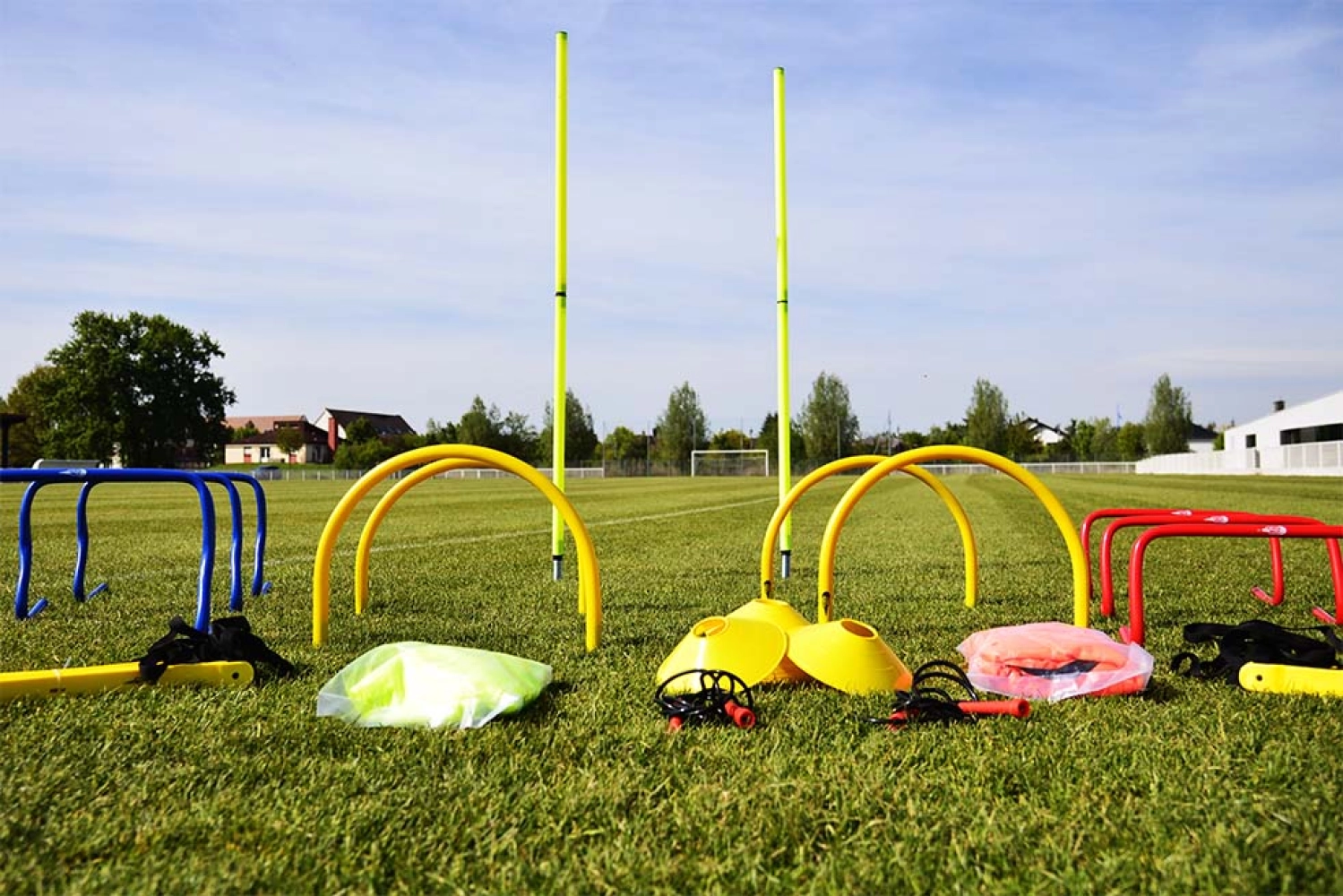

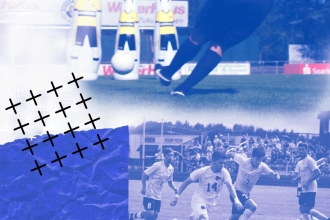

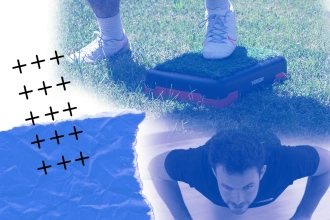
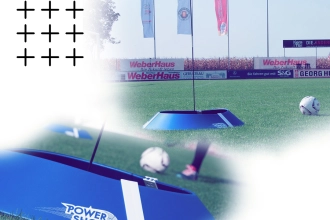


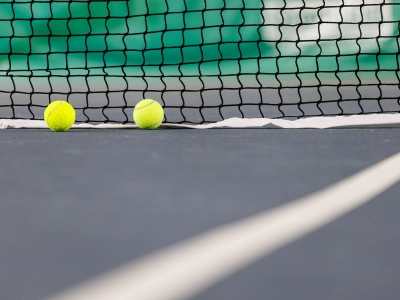
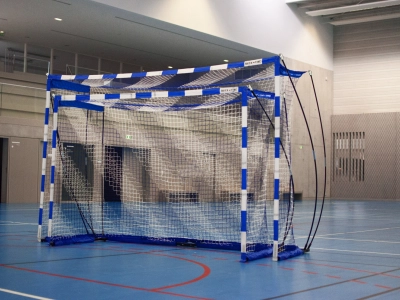

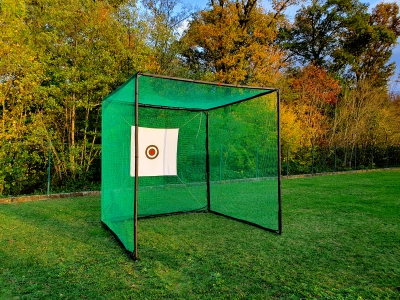
.jpg?width=400&height=300&crop-to-fit=1&save-as=webp&quality=100)
